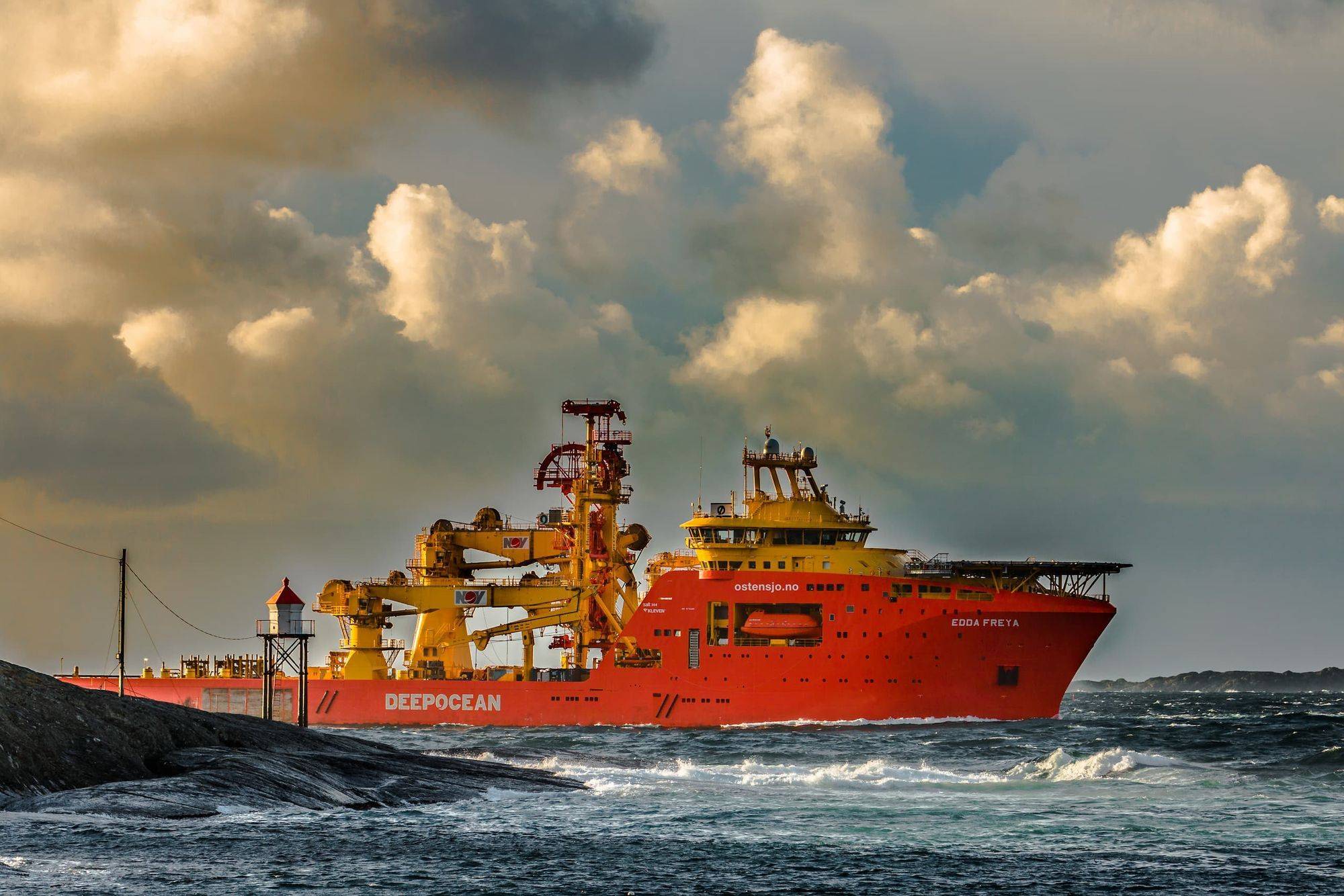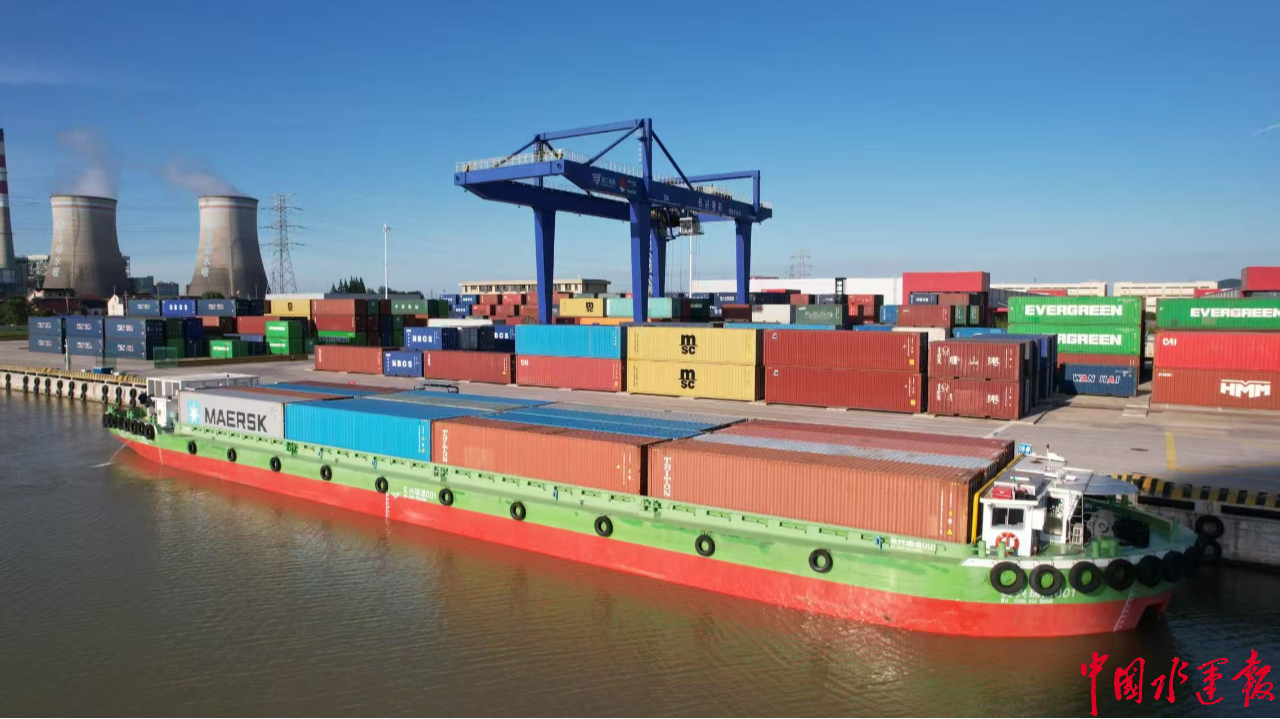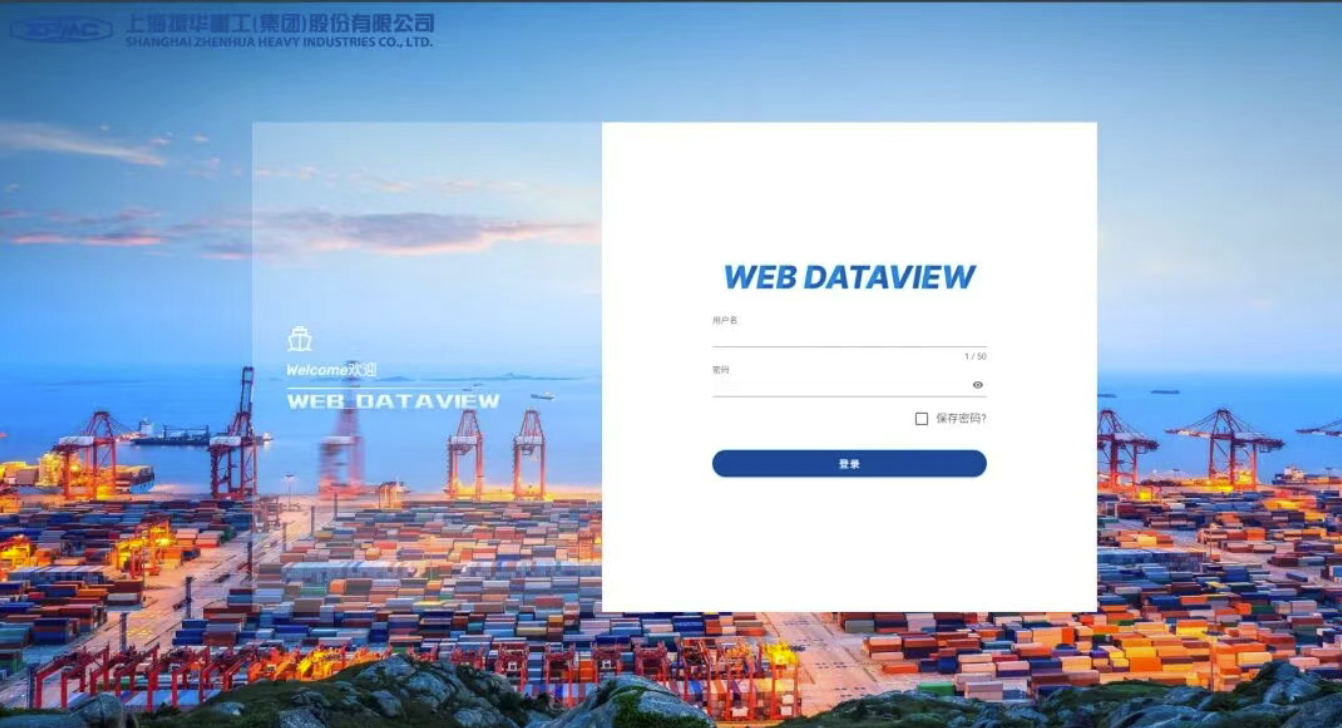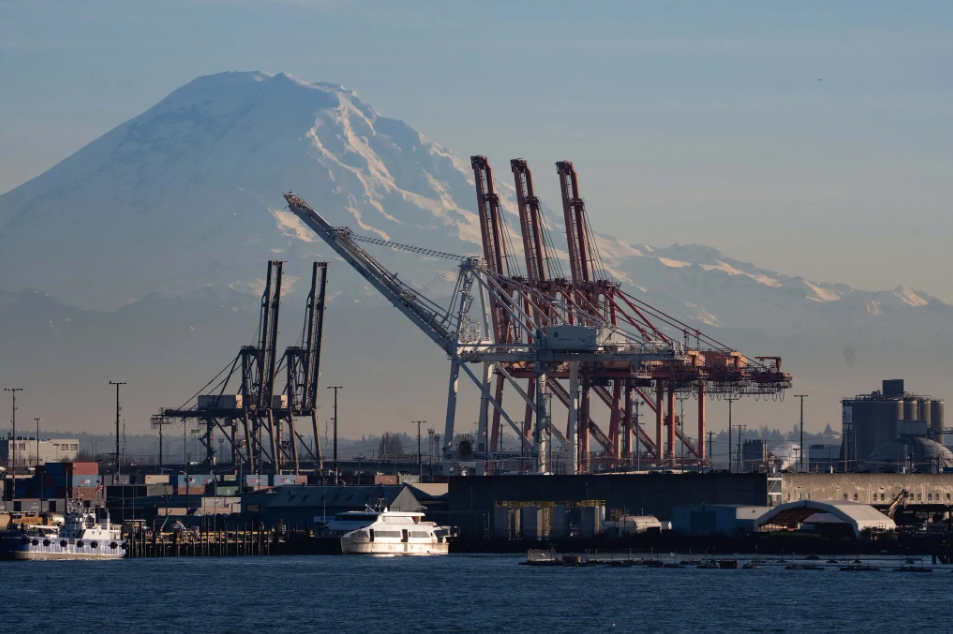世界上最大的“零碳排放货船”
作者: 发布时间:2021年11月13日 浏览量:654 字体大小: A+ A-
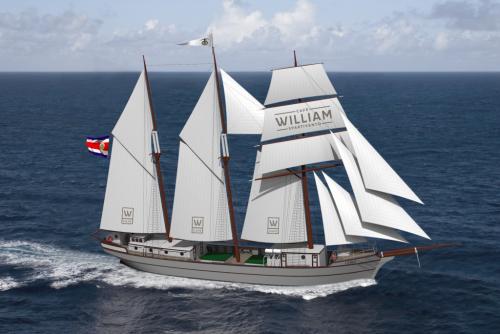
图片来自网络,版权属于原作者
来源:Offshore Energy 2021-11-12
翻译:国际海事信息网 赵扬捷 张运鸿
加拿大咖啡烘焙商Café William利用其合作伙伴Sailcargo出席第26届联合国气候变化大会(COP26)会议的机会,宣布投资购买第一艘零碳排放的远洋货船,将其咖啡豆从南美运到位于魁北克省舍布鲁克市(Sherbrooke)的烘焙工厂。
Sailcargo的创始人兼首席执行官丹妮尔·多格特说:“这在航运业是一个世界首创。Ceiba是一艘可持续建造的船只,它将运送货物,并实现零排放。”
“当它在2023年投入运营时,它将是世界上体积最大的清洁海洋货运船。”
确切来说,Ceiba是一艘三桅传统顶帆双桅船,正在哥斯达黎加( Costa Rica)的世界上第一个再生船厂进行建造。作为一系列船舶中的第一艘零碳排放货船,Ceiba将有一个辅助的电动引擎,用以最大限度地提高可靠性和效率。这些电动引擎将使用绿色氢燃料电池和变距螺旋桨再生的电池。
Café William的老板Serge Picard说道:“几年来,我们一直在不断投资,重新考虑价值链,使其具有可持续性,这一创新是这一承诺的一部分。由于咖啡树不生长在像我们这样的寒冷地区,因此收获的咖啡豆不可避免地要经过长途运输。”
Picard总结道:“我们对这一创新项目的投资将使我们能够大大减少我们的碳足迹,并与我们的其他项目一起,最终生产出零碳排放的咖啡,这在咖啡界是第一次尝试。”
海上运输是生产关键阶段的一部分,是一个主要的污染源。工业标准的货船通过化石燃料的燃烧而航行,因此对全球变暖的影响很大。
他投资建造了一艘零碳排放的风力远洋货船,这是一个雄心勃勃的解决方案,目前正在建设中,将于2023年投入使用。
这两家公司相信,通过利用Café William的市场影响力和Ceiba的再生航运模式,有可能带领人们走向一个零碳排放的世界。
(本文版权归国际海事信息网所有,图片版权归原作者,转载请注明出处。)
World’s largest zero-emission sailing cargo ship to transport coffee beans
Canadian coffee roaster Café William has taken advantage of its partner Sailcargo’s presence at COP26 to announce its investment in the first zero-emission sailing cargo ship to transport its coffee beans from South America to its roasting plant in Sherbrooke, Quebec.
“This is a world premiere in the shipping industry. The Ceiba is a sustainably built vessel that will carry cargo, with zero emissions,” Danielle Doggett, Founder and Chief Executive Officer of Sailcargo, said.
“When it goes into operation in 2023, it will be the world’s largest active, clean ocean freight vessel.”
Specifically, Ceiba is a three-masted traditional topsail schooner being built at the world’s first regenerative shipyard in Costa Rica. As the first in a line of ships, Ceiba will have an auxiliary electric engine to maximize reliability and efficiency. These electric engines will be able to use a combination of green hydrogen fuel cells with batteries regenerated by variable pitch propellers.
“We have been investing for several years to rethink the value chain and make it sustainable and this innovation is part of that commitment. Since coffee trees do not grow in cold regions like ours, it is inevitable that the harvest coffee beans are transported over long distances,” Serge Picard, owner of Café William, commented.
“Our investment in this innovative project will allow us to considerably reduce our carbon footprint and, along with our other projects, to eventually produce a zero-emission coffee, a first in the coffee world,” Picard concluded.
Maritime transport is part of a crucial stage of production and is a major source of pollution. Industry standard cargo ships navigate due to the exploitation of fossil fuels that contribute significantly to global warming.
The investment in the construction of a wind-powered sailing cargo ship, which is zero-emission, is an ambitious solution that is currently under construction and will be operational in 2023.
The two companies believe that by leveraging Café William’s market reach with the regenerative shipping model of the Ceiba, it is possible to lead the way towards a zero-emission world.
来源:simic
今日要闻
图片新闻
海外传真
热点报道



